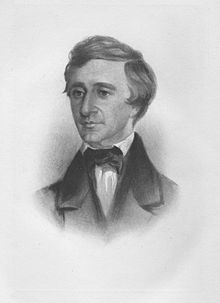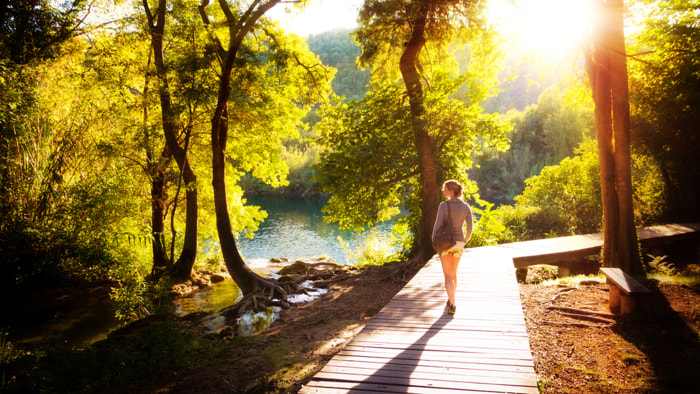The five main points of this chapter are as follows.
 |
| Flooding in New Orleans after Hurricane Katrina. |
2. Agricultural breadbaskets all over the world will be unable to produce a sufficient amount of food. Lynas points to China to illustrate this, projecting that staple crops like rice and corn will drop in production by 40% due to a decrease in river water and an increase in desertification. Western North America, southern Africa, and western South America will face similar problems under a four degree warming. Increased rainfall in the winters will lead to destruction of top soil, which will compound this issue even further.
3. Heatwaves will increase, leading to human casualty and a drastic change in many ecosystems. Large parts of Spain, Portugal, France, Italy, Greece, and Turkey will experience an increase in dangerously hot days, similar to the 2003 heat wave in Europe that killed more 70,000 people. Additionally, Switzerland will have an increase in wildfires and droughts.
4. Weather will change all over the world. The Alps will experience a climate similar to North Africa, with less snowfall and increased glacial melt, causing drought. Snowfall will decrease all over Russia, and as precipitation will come in the form of rain, this will cause major flooding all over the country. Super storms will increase in places like Scotland and Germany, causing damage costs and forcing relocation for millions of people.
5. Melting permafrost and ice will increase the amount of carbon in the atmosphere. As ice melts in the Arctic, Siberia, Alaska, Canada, and Greenland, it not only causes the destruction of infrastructure and the population decrease of animals, but also releases the approximately 500 billion tons of carbon that is currently permanently frozen underneath. This creates a positive feedback loop, as the increase in greenhouse gases from this melting will only increase the rate of melting and release more greenhouse gases.
Lynas proposes that the changes brought about by four degree warming will likely inevitably lead to five degree warming, which in turn may lead to six degrees all by itself.
That's all for now.
Write to you later.
Danielle K.























